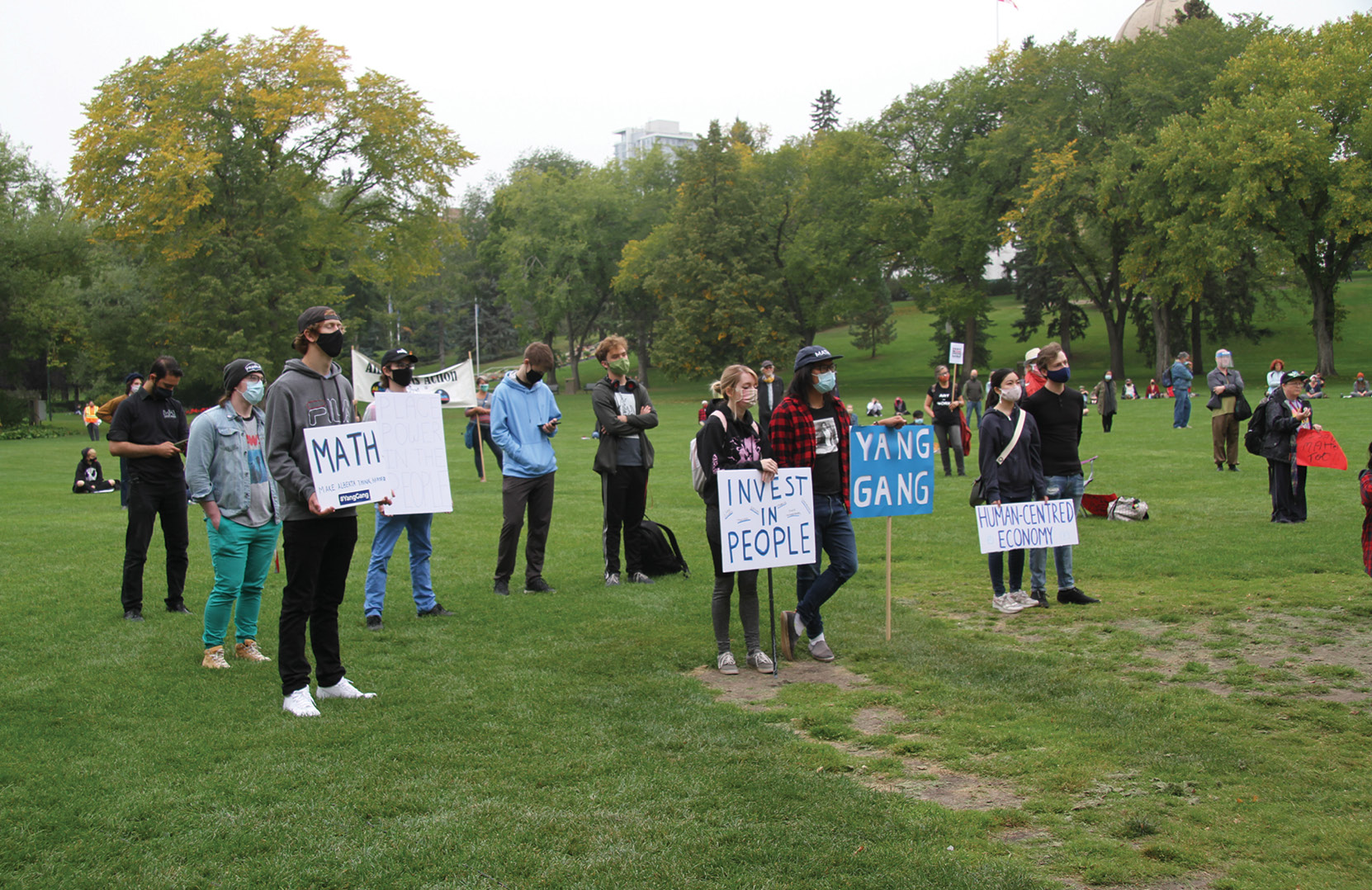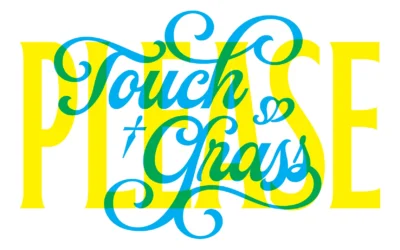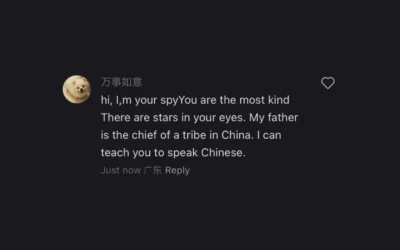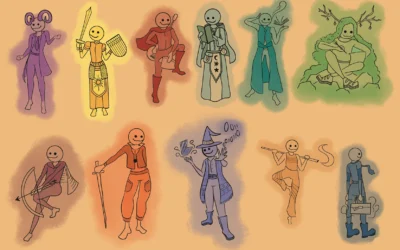Universal basic income (UBI) is certainly not a new idea, but it is an increasingly popular one. The concept can be traced back as far as the 16th century though it has never gained enough ground to push governments enough to actually offer it to its citizens on an ongoing basis. Although currently, no country has universal basic income in place, several have run small-scale pilots. Worldbank.org reports that only two countries have ever had a national UBI for a short while: Mongolia and Iran. However, sciencenews.org explains that since 1982, Alaska has run the closest program to UBI for an extended period. In this case each resident receives a yearly dividend based on oil royalties.
So what exactly is universal basic income? According to many sites, including ideasfortoday.org.uk, UBI is an unconditional basic income payment made by the government to all its citizens regardless of financial status. This also means anyone can collect regardless of employment status. Although in different models, variations are provided to account for higher-income versus lower income. In some cases, arguments are made for a guaranteed minimum income or negative income tax, which are slightly different in nature as they may take into account a person’s income.
These ideas, which may seem radical to some, often raise eyebrows. However, many studies have been done with promising results. In terms of one of the top concerns heard by many citizens — that people would be less likely to work if given free money — it has been disproven. In a cross synthesis of reviews done by Stanford University, the reviews found any loss in employment was minimal and mostly consisted of mothers, seniors, and other caretakers who opted to work fewer hours. An argument can be made that these losses of hours worked can be a benefit when considering the physical and mental health of moms with little ones, seniors, and those caring for individuals with illnesses and disabilities. Micheal Phair, past Edmonton city councillor and current member of Coalition Canada, a national group for basic income, feels that there is more than just income on the line when it comes to getting and holding a job. Phair feels pride plays the biggest part. “People who are adults identify themselves by their work, people do not want to sit at home, and even during the pandemic people wanted to get back to work,” he said.
Furthermore, when used as a means to address the issue of homelessness and extreme poverty, critics have been known to argue whether money given out with no strings attached would be used wisely by individuals who may suffer issues such as addiction. Evidence may again suggest otherwise. In an article written by Rutger Bregman in The Correspondent, he writes about an experiment done in London where homeless men were given 3,000 pounds and told to decide for themselves what was best for them. None of the men in question used their funds on drugs or alcohol, and one man completely turned his life around and got clean of addiction.
This is something that a source, who asked to remain anonymous to protect her loved one, found out this year. After 20 years of mental health and addiction issues and seven years of homelessness, this source’s family member had done enough work to qualify for the Canadian Emergency Response Benefit (CERB). The source admits she feels guilty about her first thoughts when she heard. “I’m not proud of this, but my first thought was, what will she do with this money?” she said. Little did she know, it would be the beginning of an incredible turnaround. Within days of receiving the money, her loved one had gotten a small space to live and was no longer homeless. With her second CERB payment, she paid up her rent as far into the future as she could afford to so she wouldn’t have to go back out on the streets, and she even started a small garden in the back of her rental. “All she wanted was what any of us do, to feel safe, have a roof over our head and food,” the anonymous source said.
Those mentioned above are not the only individuals that can benefit from UBI. In general, the studies reviewed by Stanford University showed improvements in the overall health of those receiving funds, thereby lowering the strain on the healthcare systems. The studies also showed that the infusion of UBI also increased the economy as people have a tendency to spend that money on local purchases, such as food and necessities. Homelessness also costs governments a lot in services; therefore, lowering homelessness means less expense.
Then there are those who work very precarious jobs such as artists, freelancers, and entrepreneurs. In today’s economy where tech is increasing, more jobs have moved into the contract or freelance space, which for some might be ideal but does leave many at the mercy of circumstance, without paid sick days or proper access to employment insurance (EI). This has never been more apparent than this year after COVID-19 shut all too many people down. UBI would have given anyone that found themselves unemployed due to quarantine a very basic amount to help sustain basic needs without requiring the government to dig deeper into debt to support their citizens.
No one understands this more than Dana Wylie, an artist who organized the Edmonton portion of a rally for basic income that happened on Sept. 19, across major Canadian cities. Wylie said, “When COVID hit, I was viscerally brought into contact with my own precariousness because I’m self-employed. I’m a musician, and in that period before CERB was announced, I was taken to that place of oh my gosh, what do I do.” This feeling led Wylie to start doing her own research and eventually join the movement, which she says has had a very positive response.
The push for UBI has also reached the federal government where some Members of Parliament are backing it, and CBC reported it had topped policy priorities for the Liberal caucus. This has all come about due to the measures that have had to be taken during the pandemic. A situation that everyone was put in unwillingly led to a realization of where social securities often fall short.
Those against UBI are quick to bring the question to the table, how will we pay for it? It’s a fair question and one that should be addressed, keeping in mind that with any new plan, adjustments and tweaking are necessary. UBI Works, a non-profit organization working to bring UBI to Canada, provides eight clear ideas, all relating to tax reform, that could provide more than the funds necessary to compensate for the money paid to citizens. A few of the other arguments that UBI Works make are that the money is spent locally boosting the economy, and that UBI would reduce crime, poverty, and homelessness, and reduce health care usage, which saves money that can also compensate for the UBI.
When it comes to studies and pilot projects, including one done in Hamilton, Ontario, there is certainly no shortage. The statistics are staggering. Whether you agree with or are against UBI, it is hard to ignore the facts and stories told not only online but in rallies about how CERB changed or even saved lives, and how a continued UBI could be a gamechanger for all. However, there are still substantial conversations needed on how to pick the best plan and how to make it work. The questions still remain: Is this the right time? Will the government pull through with policy? Facts, statistics and plans are wonderful, but without a government willing to back UBI, those favouring such a policy could be fighting an uphill battle with no end in sight.





I think UBI is an excellent way to help poor families in need! I think everyone should have access to it!